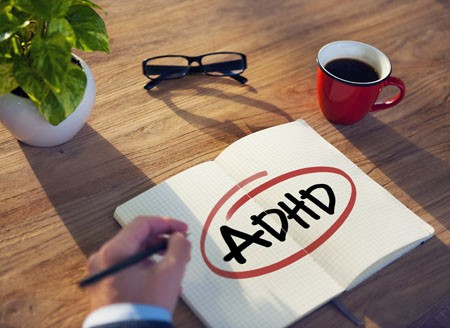Surprisingly, Adult ADHD Is Distinct From Childhood ADHD
In a longitudinal study of 1,037 people born in Dunedin, New Zealand in 1972 and 1973, most participants with attention deficit hyperactivity disorder (ADHD) in adulthood did not have the disorder as children. The study by Terrie E. Moffitt and colleagues in the American Journal of Psychiatry is the first prospective longitudinal study to describe the childhood of adults with ADHD.
When the study participants were children, about 6% were diagnosed with ADHD (mostly males). These children also had comorbid disorders, neurocognitive deficits, multiple genes associated with risk for ADHD, and some life impairment when they reached adulthood.
In adulthood, about 3% of the participants had ADHD (roughly equal between men and women), and 90% of these participants had no history of ADHD in childhood. The participants with ADHD in adulthood also had substance dependence and life impairment, and had sought treatment for the disorder. The researchers were surprised to find that these participants with adult ADHD did not show neuropsychological deficits in childhood, nor did they have the genetic risk factors associated with childhood ADHD.
If the findings of this study are replicated, researchers will have to rethink the current classification of ADHD as a neurodevelopment disorder that begins in childhood, and begin to determine how adult ADHD develops.
Editor’s Note: Before the publication of this article, most investigators (including this editor Robert M. Post) thought that virtually all ADHD in adulthood evolved from the childhood disorder, and if it did not begin in childhood, the diagnosis was suspect. I still believe the ADHD that appears in adulthood in patients with bipolar disorder is likely attributable to residual depression and anxiety or hypomania and that more concerted treatment of the patient to full remission will often result in much better attention, concentration, and ability to follow through and stay on task.


